-
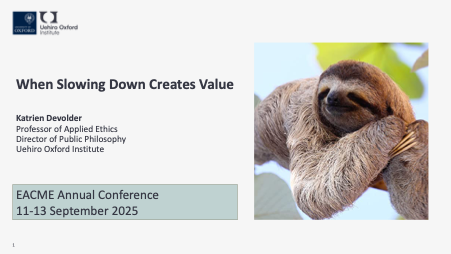
When Slowing Down Creates Value
EACME Conference 2025 Healthcare innovation and research often prioritise acceleration and efficiency. This keynote (12th September 2025) challenged this paradigm by drawing on preliminary findings from Project Lazy, which explores judgements about laziness through research and community engagement. The talk had four parts: an introduction to Project Lazy, findings from the philosophical part, findings from…
-
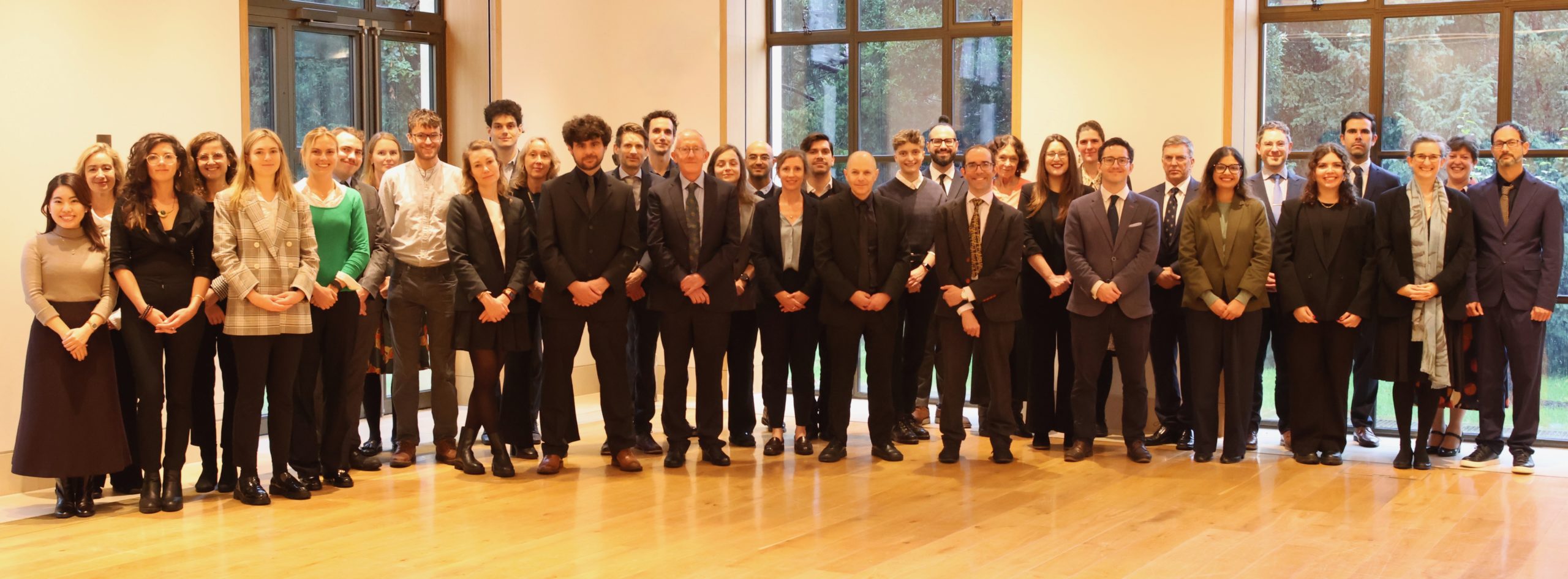
UOI’s First Anniversary!
Time has flown since the Uehiro Oxford Institute came into existence on 1 October 2024! We continue to seek to improve the world through engagement with others – what we call ‘Thought into Action’ – and have made great progress in fulfilling our mission to work philosophically across many disciplines, including medicine, history, law, computer…
-

Practically prompted #4: Carnival, Cameras, and Consent: The Ethics of Live Facial Recognition at Notting Hill
This is the fourth in a trial blog series called “Practically Prompted” – an experiment in using large language models to independently select a recent, ethically rich news story and then write a Practical Ethics blog-style post about it. The text below is the model’s work, followed by some light human commentary. See this post for the…
-

Practically Prompted #3: VPNs Top the App Charts After UK Age-Checks Kick In: What Does “Protecting Children” Justify?
This is the third in a trial blog series called “Practically Prompted” – an experiment in using large language models to independently select a recent, ethically rich news story and then write a Practical Ethics blog-style post about it. The text below is the model’s work, followed by some light human commentary. See this post for the…
-

Practically Prompted #2 – Regulating the Regulators: Europe’s New AI ‘Code of Practice’ and the Ethics of Voluntary Compliance
This is the second in a trial blog series called “Practically Prompted” – an experiment in using large language models to independently select a recent, ethically rich news story and then write a Practical Ethics blog-style post about it. The text below is the model’s work, followed by some light human commentary. See this post for the…
-

Congratulations to ‘IDEA’ in Leeds!
I am just back from a celebration of the 20th anniversary of IDEA: the Ethics Centre, at the University of Leeds. (IDEA stands for ‘Inter-disciplinary Ethics Applied’.) IDEA was founded by Chris Megone, an old friend from my graduate days, and is now directed by Simon Kirchin. The centre has achieved a huge amount in…
-
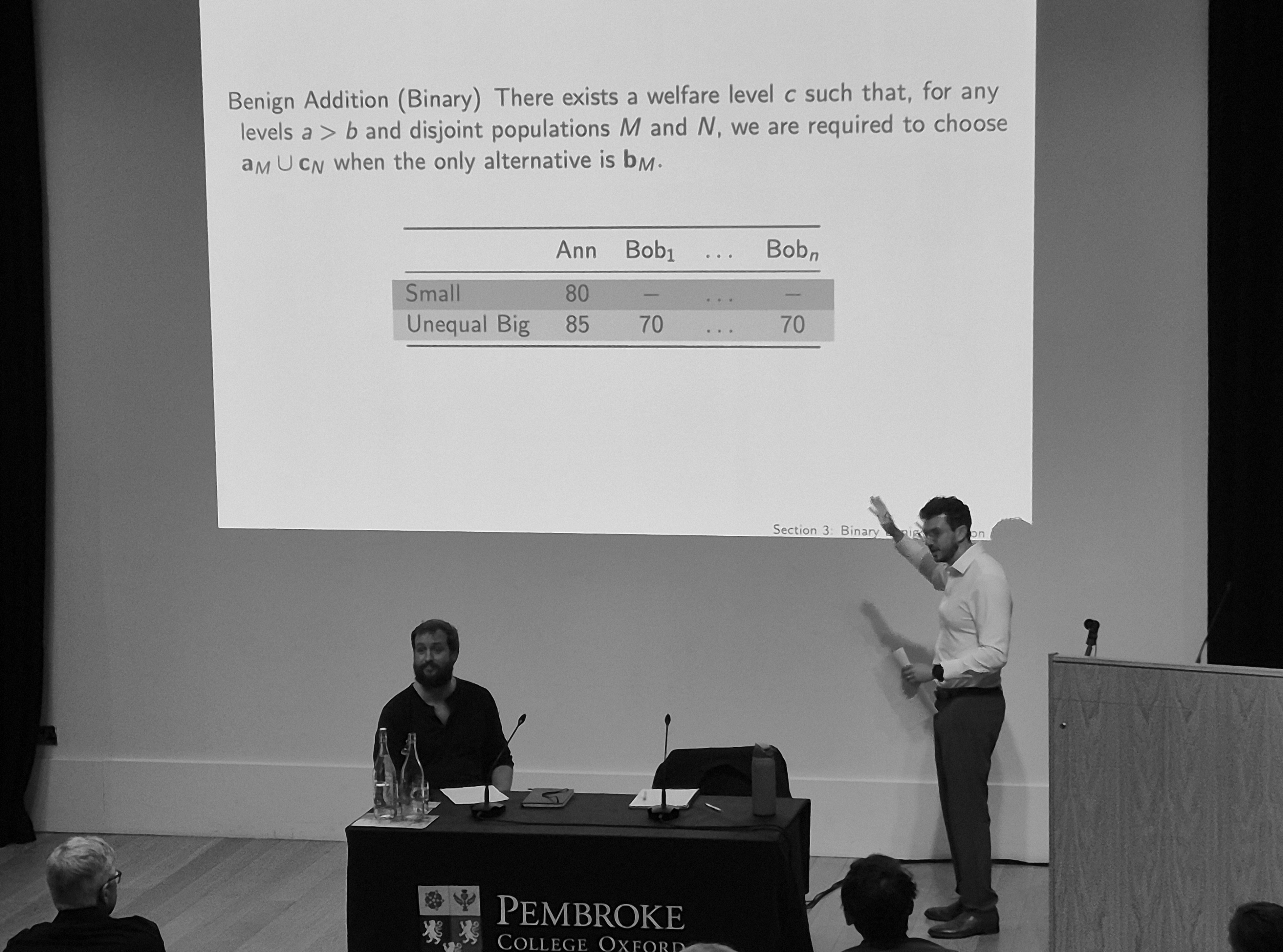
2025 Parfit Memorial Lecture – a summary
By Paul Heller (DPhil Student at the Uehiro Oxford Institute) On Friday 16th June, Jacob Nebel, Professor of Philosophy at Princeton University, gave the 2025 Parfit Memorial Lecture. Professor Nebel’s lecture was entitled: “The Procreation Asymmetry: Some Puzzles.” This year’s lecture was jointly hosted by the Uehiro Oxford Institute and the Global Priorities Institute at…
-
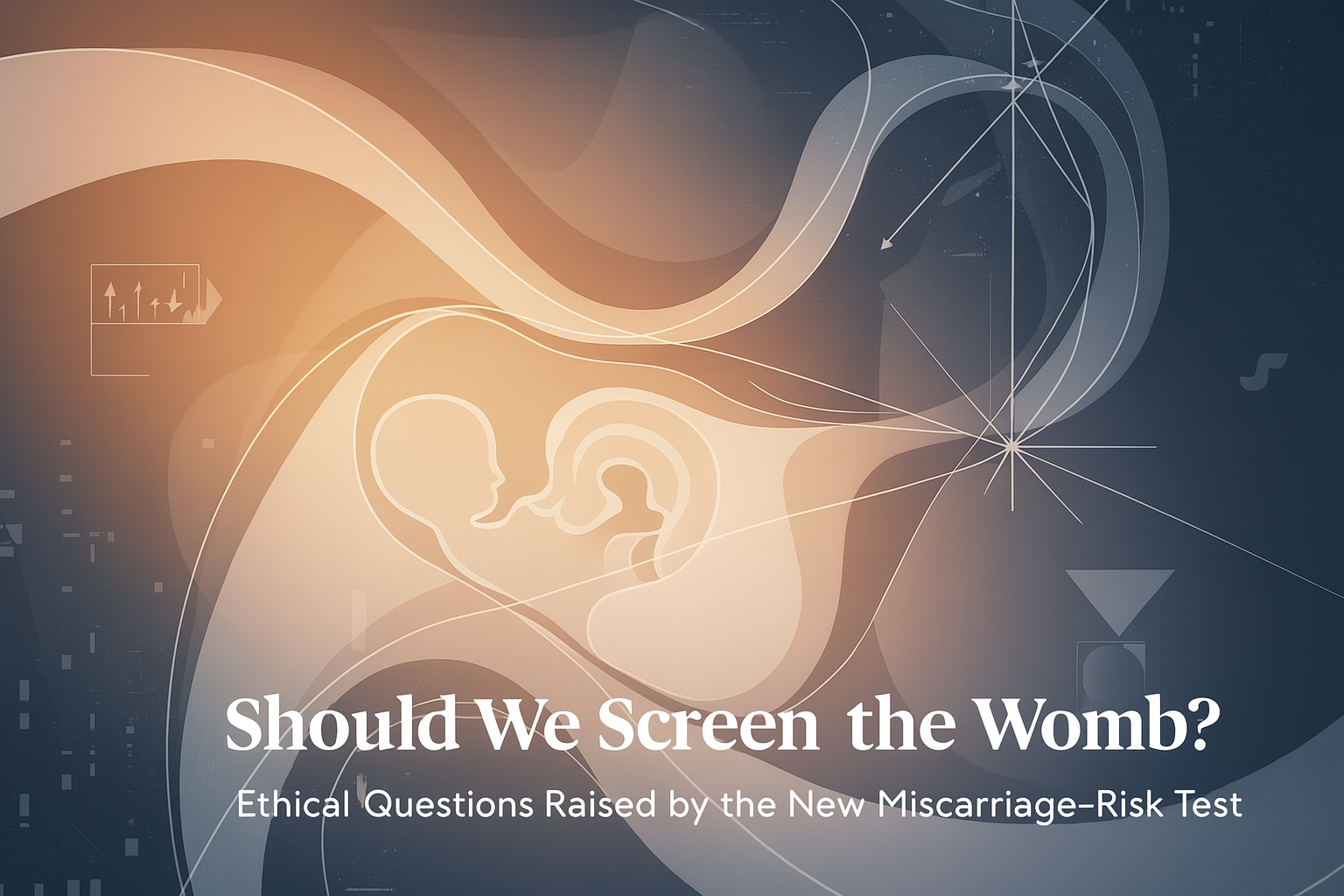
Practically Prompted #1: Should We Screen the Womb? Ethical Questions Raised by the New Miscarriage-Risk Test
This is the first in a trial blog series called “Practically Prompted” – an experiment in using large language models to independently select a recent, ethically rich news story and then write a Practical Ethics blog-style post about it. The text below is the model’s work, followed by some light human commentary. See this post…
-

Practically Prompted: Introducing an experiment in LLM-generated blog posts
This post introduces a trial blog series called “Practically Prompted” – an experiment in using large language models (LLMs) to write a Practical Ethics blog-style post, with some light human commentary about the output. So, why try this? The experiment is driven by several key motivations: A final note on the method for this trial:…
-
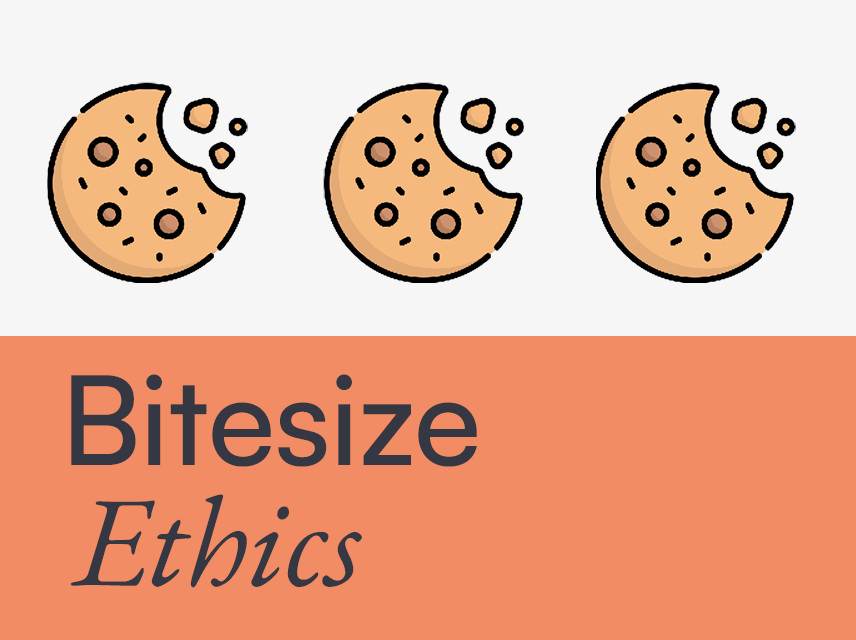
Ethics in the Age of AI
A free, online summer programme open to all. This 9-week programme, part of the UOI’s Bitesize Ethics series, provides a short introduction to ethical issues directly related to Artificial Intelligence, beginning with a general introduction to AI ethics led by UOI scholar Hazem Zohny. The series continues each Wednesday, addressing themes of AI and human…
